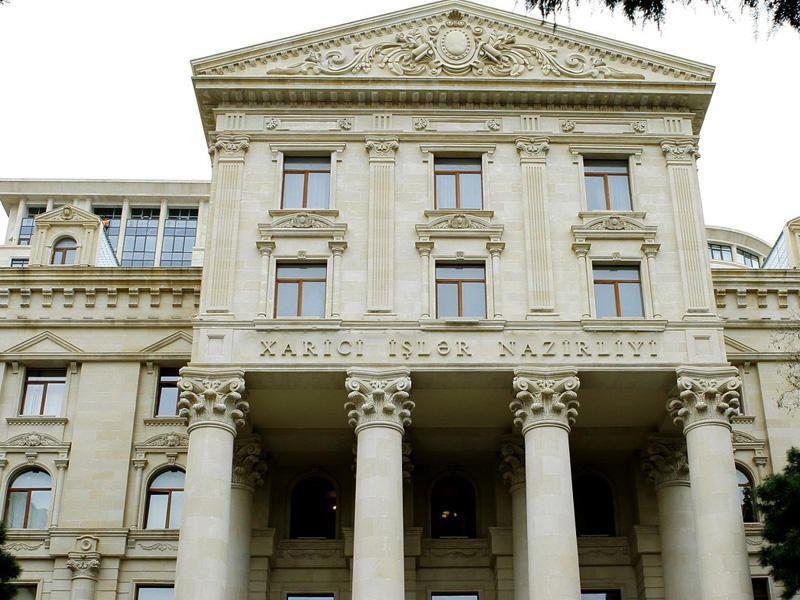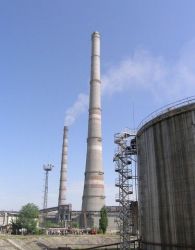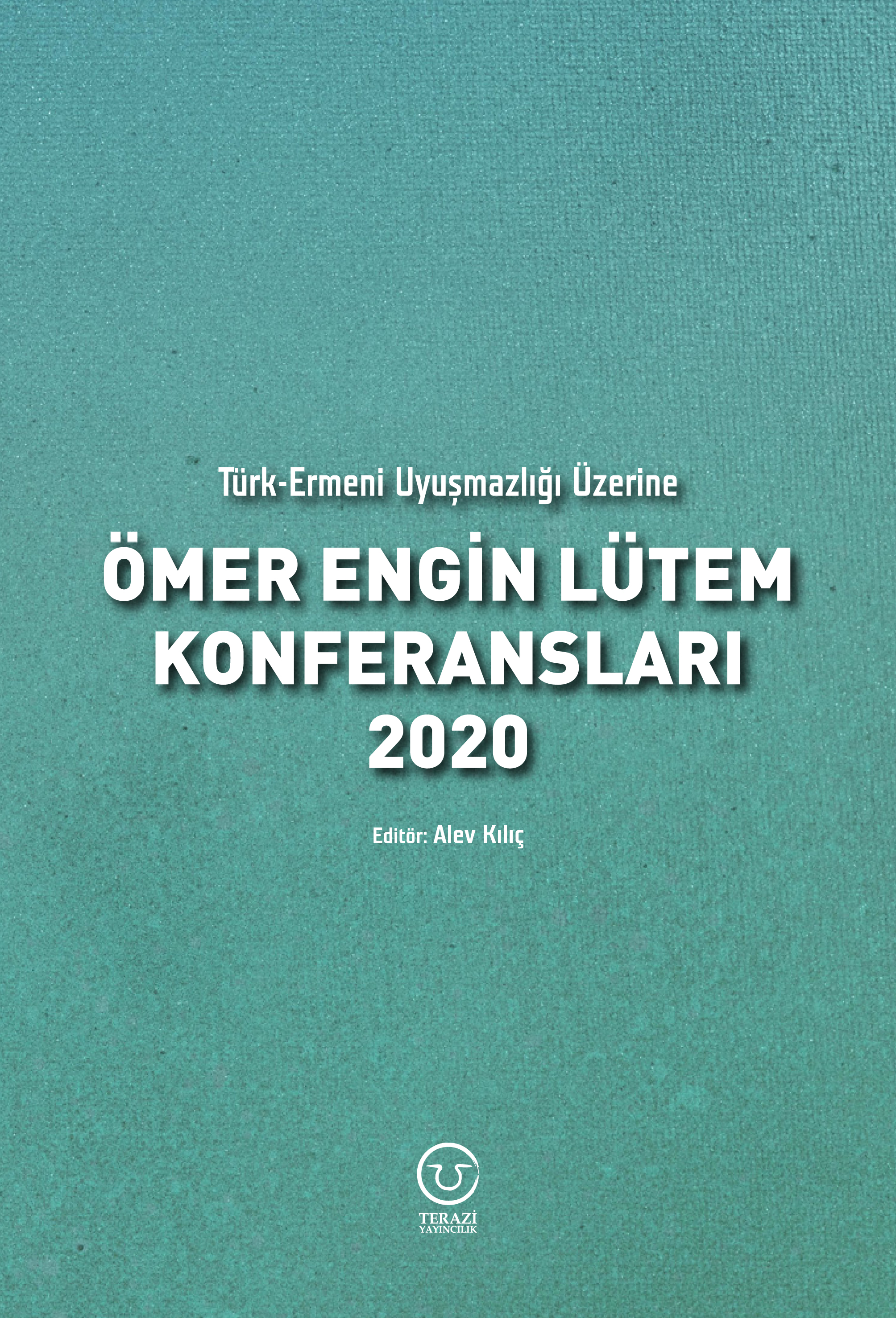Download PDF :


Civilnet.am (3 December 2020)
In March 2020, the Armenian government was already receiving information about an attack by Azerbaijan.
On June 12, Chief of the General Staff of the Armenian Armed Forces Onik Gasparyan presented to the Prime Minister, and a few days later to the Security Council, an analysis of the military-political situation in the region and the capabilities of the Armenian Armed Forces. Gasparyan reports that Armenia's "opponent is not only Azerbaijan, but also Turkey, and Armenia can not effectively resist the military potential of those countries; it is necessary to direct all political and diplomatic potential to avoid or at least postpone the war."
What should the responsible government have done in these conditions? There are no diplomatic relations between Yerevan and Ankara, but there were and there are diplomatic and other channels through which it was possible to try to get in touch with Turkey. It is very difficult to talk to a leader like Turkey, especially Erdogan. But you had to try anyway. The mediators could be the current and former Armenian Patriarchs of Constantinople. Maybe we should have tried to use the mediation of our friendly states, whose leaders could find common ground with Erdogan.
On August 10, Nikol Pashinyan publicly greeted the participants of the conference dedicated to the 100th anniversary of the signing of the Treaty of Sword, and expressed his deep gratitude for initiating this "important event."
The sword is a historical Armenian unfulfilled dream, but when the country's number one uses it to influence the enemy, it takes on a different perception in Turkey.
On the occasion of the 100th anniversary of the Sword, President Armen Sargsyan referred to the document in an interview with a Syrian newspaper, claiming that "the Sword Pact is a legal, interstate, de facto document."
Earlier, on July 21, in a conversation with France 24, Armenian Foreign Minister Zohrab Mnatsakanyan referred to "Turkey's destabilizing role in its neighborhood: the Eastern Mediterranean, North Africa, the Middle East."
On August 15, the Armenian Foreign Ministry issued a statement stating that Yerevan was "closely following" the recent developments in the Aegean-Archelian Mediterranean region due to illegal provocative actions by Turkey. "This destabilizing stance in the Eastern Mediterranean demonstrates Turkey's aggressive, expansionist policy in its neighboring regions."
Armenia expressed unconditional support, solidarity with Greece and Cyprus, calling on Turkey to take steps to reduce tensions, respect international law, and suspend all operations in the exclusive economic zones of Greece and Cyprus.
In mid-September, Zohrab Mnatsakanyan referred to Turkey's behavior in the Caucasus and the Eastern Mediterranean in Egypt, emphasizing that during the events in Tavush in July, Turkey was "the only country that took a unilateral, very aggressive approach. "One-sided support to Azerbaijan, an aggressive approach to Armenia, the Armenian people, which was expressed through rhetoric at all levels and actions."
In a conversation with the Arab media, Mnatsakanyan referred to Turkey's behavior on the security of the South Caucasus, North Africa and the Eastern Mediterranean, as well as Ankara's destabilizing policy and developments in those regions.
What did the statements of Prime Minister Pashinyan, President Sargsyan and Foreign Minister Mnatsakanyan give? Nothing. Moreover, with such statements, we provoked the most dangerous neighbor for our country, Turkey, and closed the possibility of indirect contact with Turkey in the 44-day war, perhaps saving at least a few lives.
*Translated from Armenian to English by Groong.edu
 FRENCH AMBASSADOR TO AZERBAIJAN TO BE SUMMONED TO AZERBAIJANI MFA
The Caucasus and Turkish-Armenian Relations
04.12.2020
FRENCH AMBASSADOR TO AZERBAIJAN TO BE SUMMONED TO AZERBAIJANI MFA
The Caucasus and Turkish-Armenian Relations
04.12.2020
 US SUPPORTS AIR QUALITY MONITORING IN CENTRAL ASIA
Central Asia
04.12.2020
US SUPPORTS AIR QUALITY MONITORING IN CENTRAL ASIA
Central Asia
04.12.2020
































